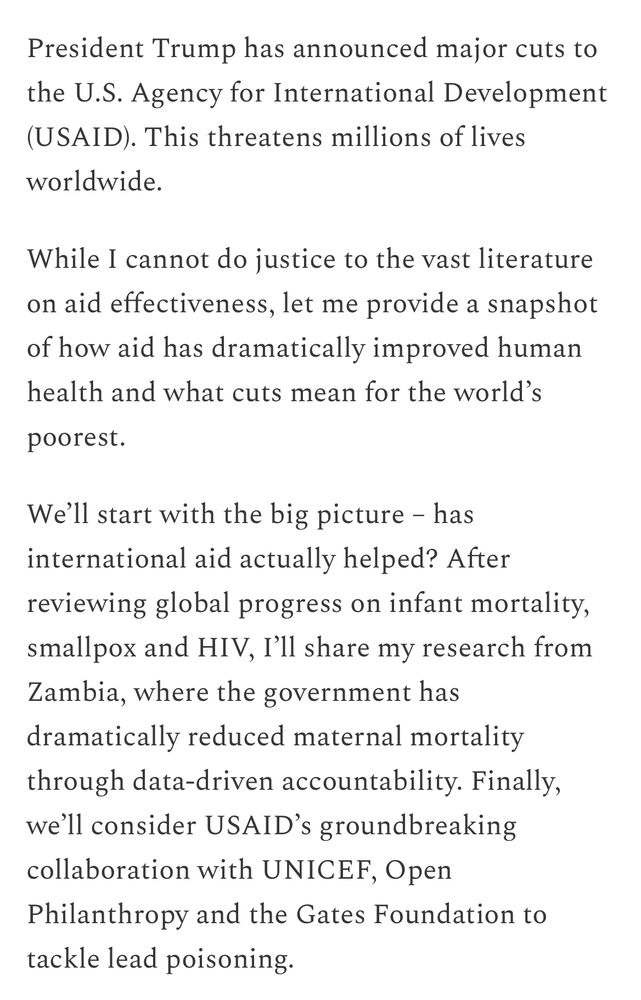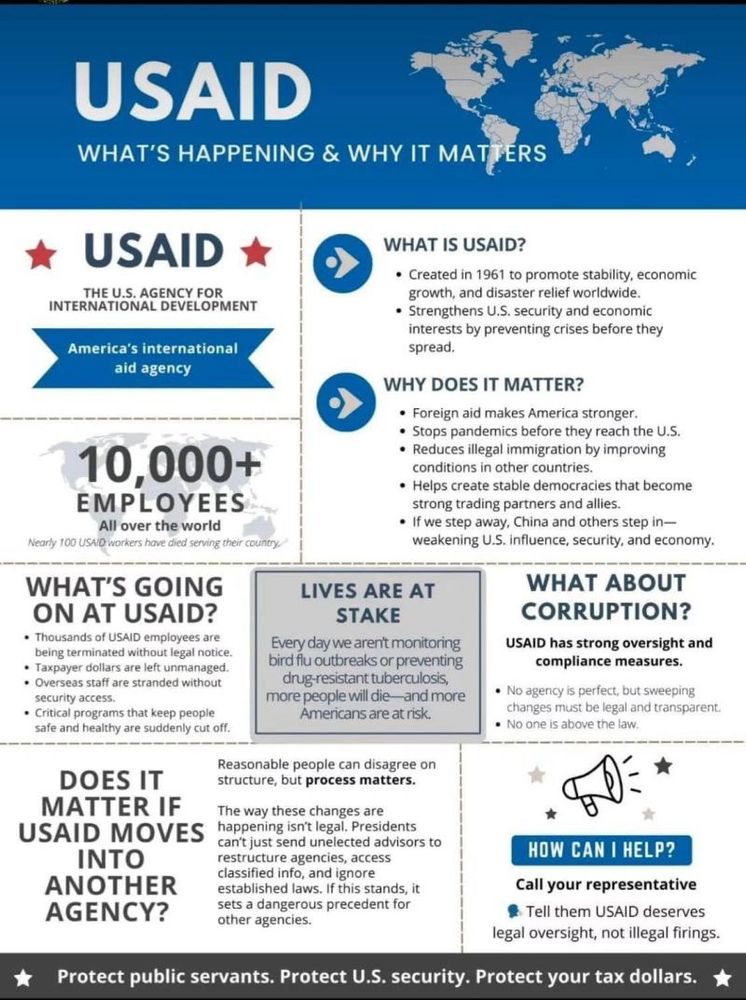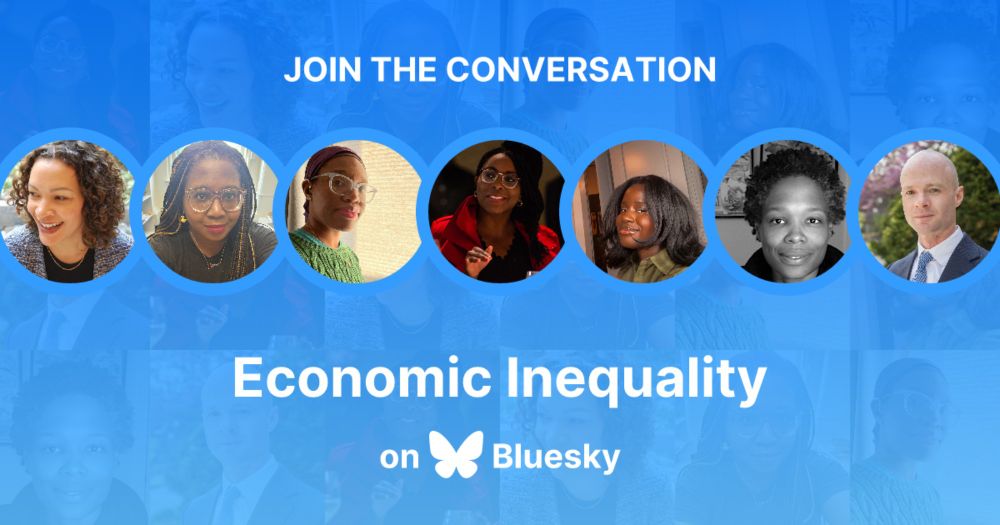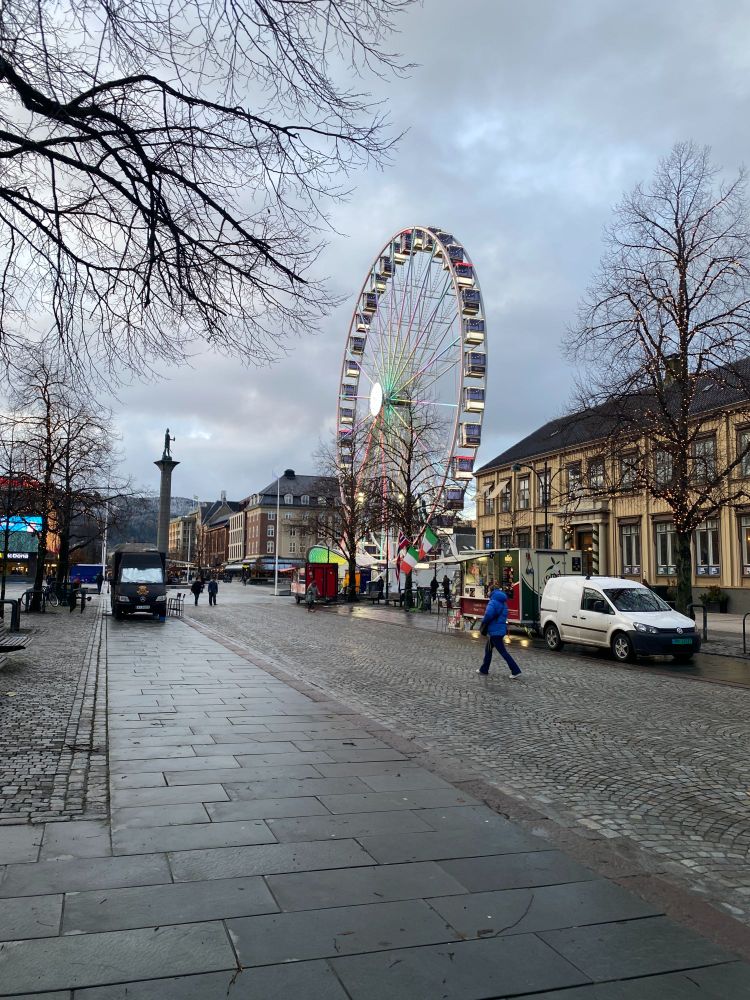Coleson Weir
@colesonweir.bsky.social
710 followers
510 following
34 posts
Economics PhD student @ndecon.bsky.social @biglabnd.bsky.social| Development, Political Economy, Gender | PhD Fellow @kellogginstitute.bsky.social | @udelaware.bsky.social Alum | he/him
www.colesonweir.com
Posts
Media
Videos
Starter Packs
Reposted by Coleson Weir
Coleson Weir
@colesonweir.bsky.social
· Aug 4
Coleson Weir
@colesonweir.bsky.social
· Aug 4
Coleson Weir
@colesonweir.bsky.social
· Jun 24
Reposted by Coleson Weir
Reposted by Coleson Weir
Reposted by Coleson Weir
Reposted by Coleson Weir
Reposted by Coleson Weir
Coleson Weir
@colesonweir.bsky.social
· Nov 21
Reposted by Coleson Weir
Federico Tadei
@federicotadei.bsky.social
· Nov 18
Coleson Weir
@colesonweir.bsky.social
· Nov 20




















